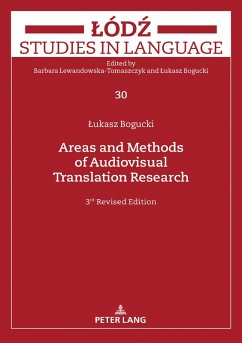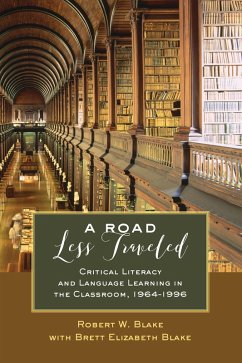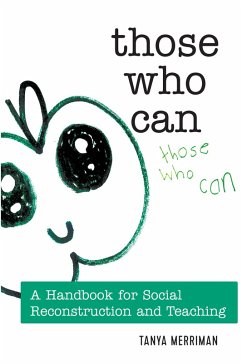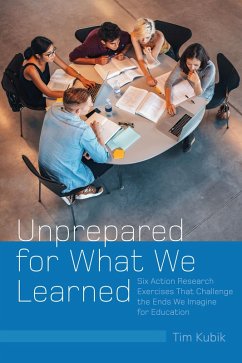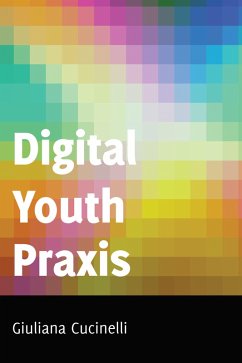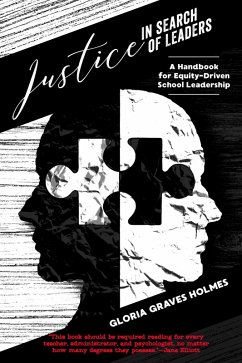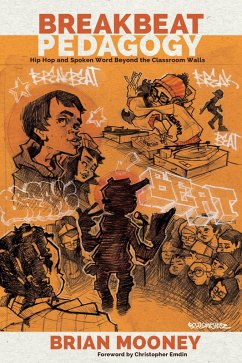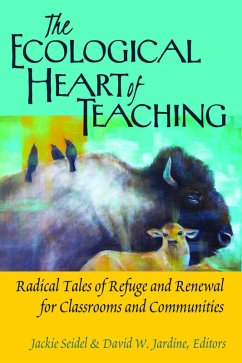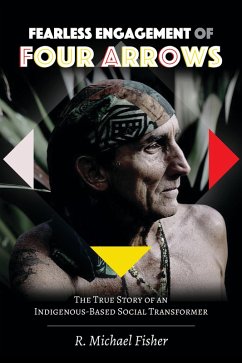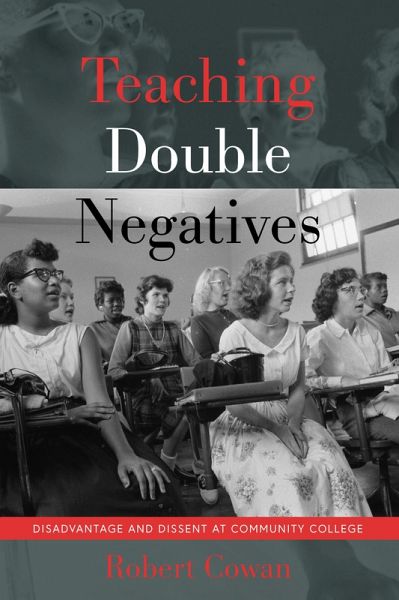
Teaching Double Negatives (eBook, PDF)
Disadvantage and Dissent at Community College
Versandkostenfrei!
Sofort per Download lieferbar
Statt: 124,95 €**
46,95 €
inkl. MwSt.
**Preis der gedruckten Ausgabe (Gebundenes Buch)
Alle Infos zum eBook verschenkenWeitere Ausgaben:

PAYBACK Punkte
23 °P sammeln!
Teaching Double Negatives: Disadvantage and Dissent at Community College asks whether exploring narratives that subvert dominant Western paradigms of progress in classrooms enables students to re-narrate and represent their lives. In seven years of teaching literature and philosophy at Brooklyn's only community college, Robert Cowan worked with many kinds of disadvantaged students-those on welfare or homeless, single moms and the formerly incarcerated, traumatized war veterans, and immigrants from over 140 countries. These students had many reasons for wanting to dissent from the social norms ...
Teaching Double Negatives: Disadvantage and Dissent at Community College asks whether exploring narratives that subvert dominant Western paradigms of progress in classrooms enables students to re-narrate and represent their lives. In seven years of teaching literature and philosophy at Brooklyn's only community college, Robert Cowan worked with many kinds of disadvantaged students-those on welfare or homeless, single moms and the formerly incarcerated, traumatized war veterans, and immigrants from over 140 countries. These students had many reasons for wanting to dissent from the social norms that sought to define and marginalize them. One might imagine that disadvantaged students would identify with texts that are subversive, challenge dominant race/class/gender paradigms, and try to interrogate the globalized systems in which we live. But do they? Do the philosophies of Debord and Heidegger, the novels of Christa Wolf and Jean Genet, contemporary slave narratives and Dead Kennedys lyrics, poetry by Aimé Césiare and Taliban fighters, actually speak to them? Can you teach dissent to the disadvantaged and produce a positive result?
Teaching Double Negatives explores the responses of students to texts from a variety of traditions and time-periods within the context of overarching theoretical debates about counter-enlightenment, globalization, multiculturalism, identification, recognition, and critical pedagogy. Teaching Double Negatives is an insightful collection that problematizes the assumptions of instructors and powerfully engages the intersectionality of students, appealing to readers across the educational spectrum.
Teaching Double Negatives explores the responses of students to texts from a variety of traditions and time-periods within the context of overarching theoretical debates about counter-enlightenment, globalization, multiculturalism, identification, recognition, and critical pedagogy. Teaching Double Negatives is an insightful collection that problematizes the assumptions of instructors and powerfully engages the intersectionality of students, appealing to readers across the educational spectrum.
Dieser Download kann aus rechtlichen Gründen nur mit Rechnungsadresse in A, D ausgeliefert werden.




